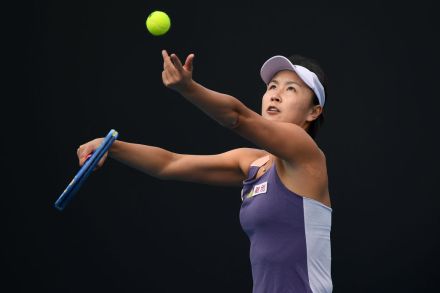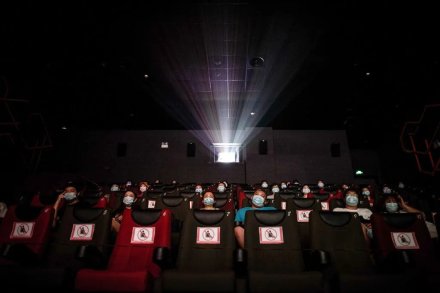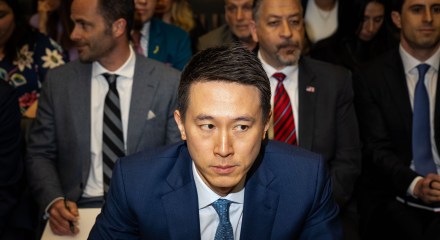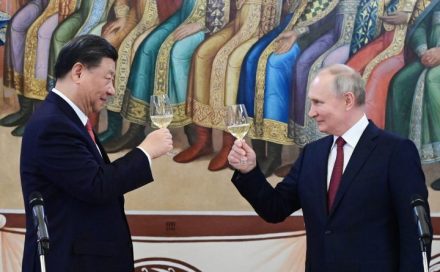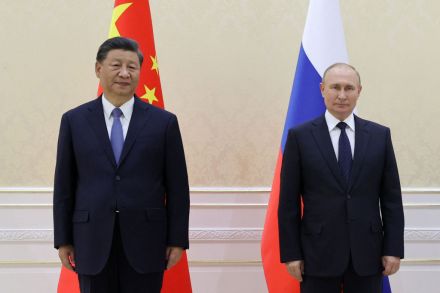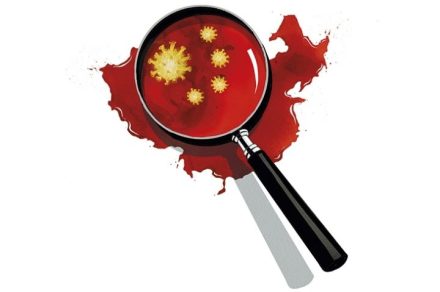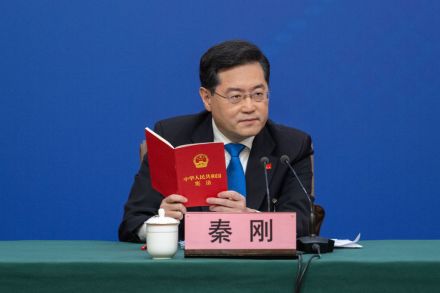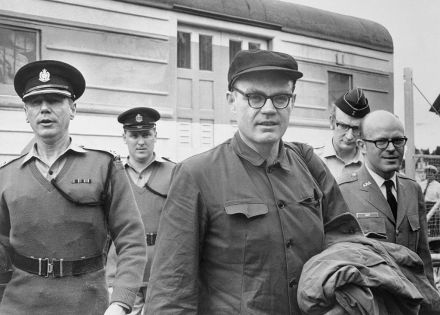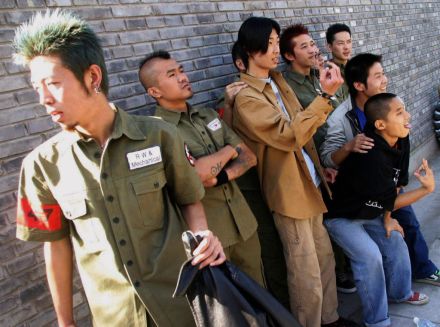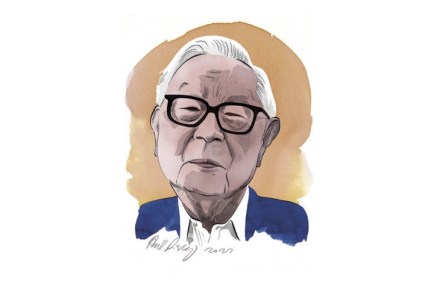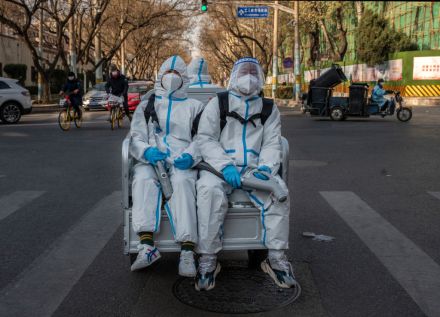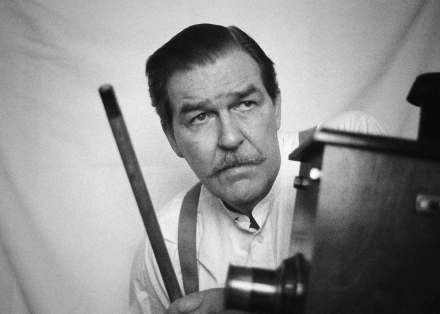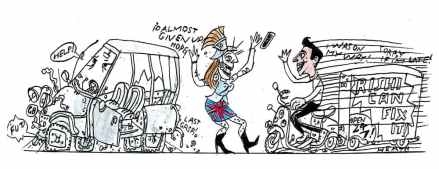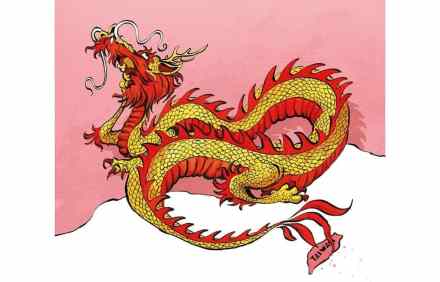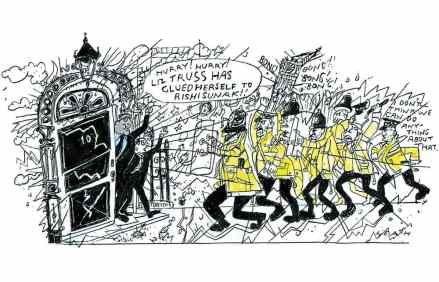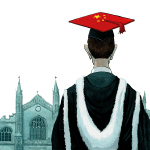Shame on those who abandoned Peng Shuai
No one really expects much in the way of principles or morality from those charged with running international sport. The Qatar World Cup was merely the latest, most blatant example of the iron rule that money and greed conquers all in sport. But for a brief moment — 16 months to be precise — the Women’s Tennis Association appeared to offer hope of something better. The WTA announced to the world in December 2021 that it would indefinitely boycott all tournaments in China over the regime’s treatment of tennis star, Peng Shuai, who vanished after making allegations of sexual assault against a senior politician. The WTA was widely praised at
